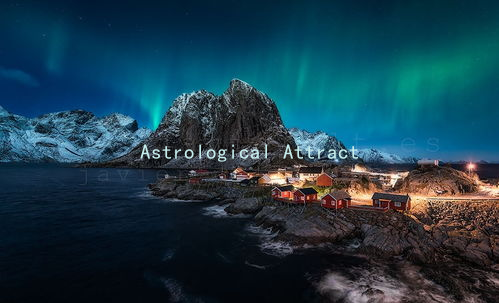From Courtship to Connection: The Impact of Social Change on Romantic Strategies
From Courtship to Connection: The Impact of Social Change on Romantic Strategies
In an ever-evolving society, the dynamics of romance continue to shift, influenced by cultural, technological, and social changes. The traditional rituals of courtship have adapted and morphed into a more complex interplay of connection and communication, reflecting the changing landscape of relationships. This article explores the impact of social change on romantic strategies and offers insights into navigating love in the modern world.
One of the most significant changes in romantic dynamics has been the advent of digital communication. Online dating apps and social media platforms have transformed how people meet and interact. These tools have made it easier to connect but have also introduced a paradox of choice, where an overwhelming number of options can lead to decision fatigue and superficial connections. To effectively engage in this digital landscape, one must develop new strategies that incorporate both authenticity and clarity.
Crafting an appealing online persona has become essential in the dating process. Profiles that genuinely reflect one’s personality and interests—coupled with strong, engaging conversation skills—can create lasting impressions. Effective romantic strategies now often include clear communication about intentions. Being upfront and honest about one’s desires can help circumvent misunderstandings and foster deeper connections.
Moreover, social norms surrounding dating have undergone a transformation. Gender roles are less rigid than in previous generations, prompting a more egalitarian approach to romance. Individuals feel empowered to express their preferences and desires in diverse ways. As a result, communication has shifted from traditional courtship scripts to more fluid interactions. Strategies that promote open dialogue, respect for boundaries, and an acknowledgment of diverse perspectives are crucial in today’s romantic engagements.

The importance of emotional intelligence cannot be overstated in modern romantic relationships. This entails understanding oneself and one’s partner, recognizing emotions, and responding empathetically. Strategies such as active listening and validating feelings are not just beneficial; they are essential for nurturing deeper connections. Emotional attunement fosters intimacy and trust, allowing partners to navigate challenges together with resilience.
As social change continues to influence romantic strategies, the focus on mental health and well-being has also gained prominence. Couples today are more aware of the importance of self-care and emotional support within relationships. Strategies that prioritize mental health—such as encouraging open discussions about stressors and practicing gratitude—create a supportive environment that strengthens bonds.
Social movements advocating for inclusivity have reshaped how love is understood and expressed. Romantic strategies now embrace a broader spectrum of identities and relationships, recognizing that love can take many forms—be it platonic, romantic, or polyamorous. This inclusivity necessitates a fundamental shift in communication styles, where partners are encouraged to be open-minded and affirming of each other’s identities and experiences.
Ultimately, the journey from courtship to connection has been profoundly influenced by social change. As individuals navigate the intricate world of romance, adapting to these changes is paramount. By leveraging technology thoughtfully, embracing emotional intelligence, and fostering inclusivity, people can cultivate meaningful connections that transcend traditional boundaries. The future of romance promises to be as diverse and dynamic as the society it reflects, making the art of love an ever-evolving practice.





